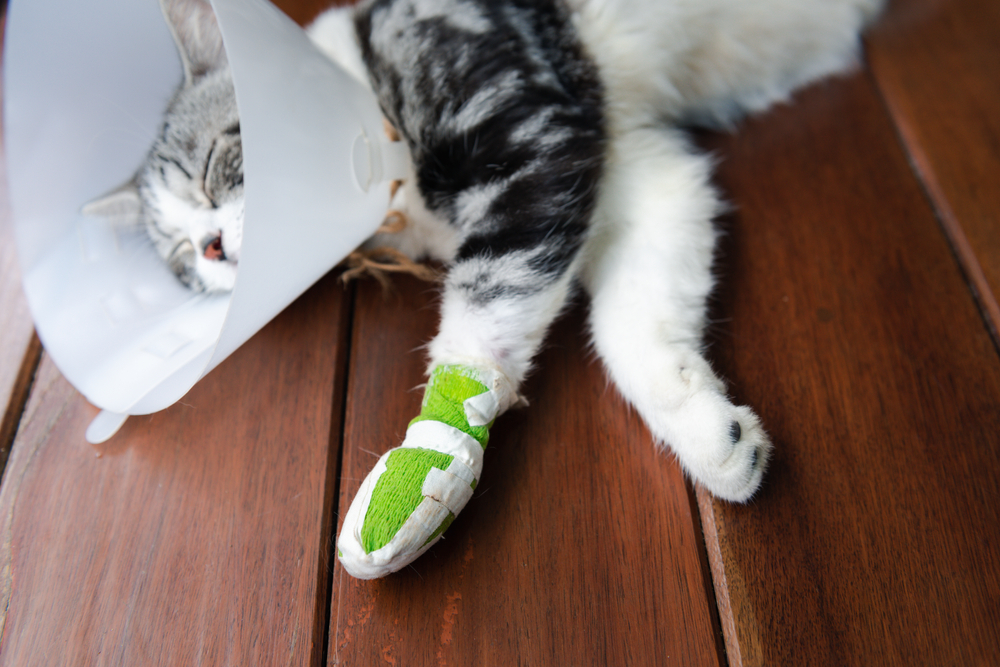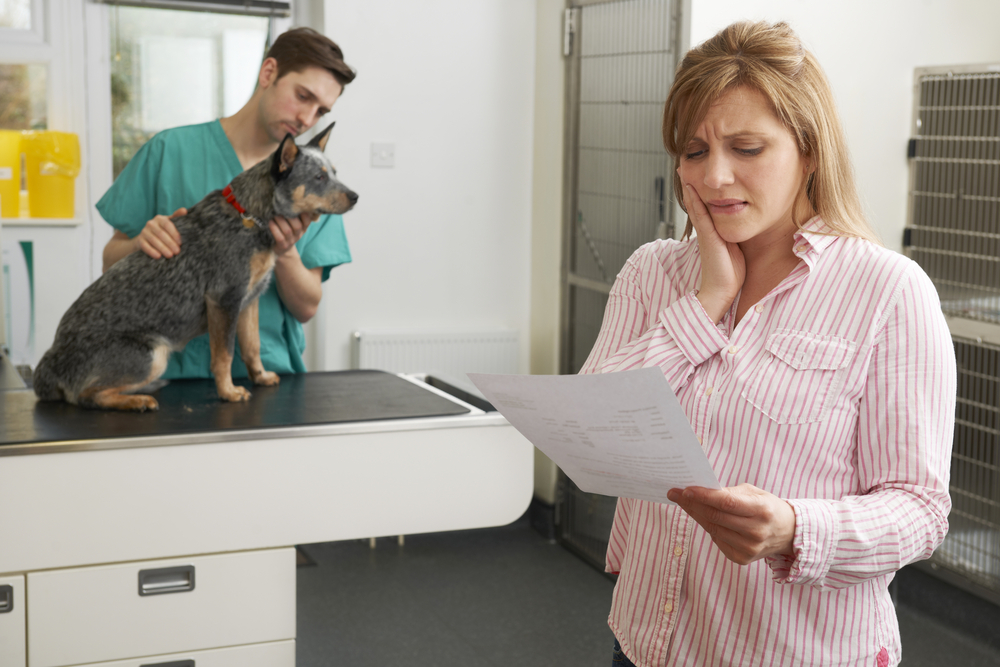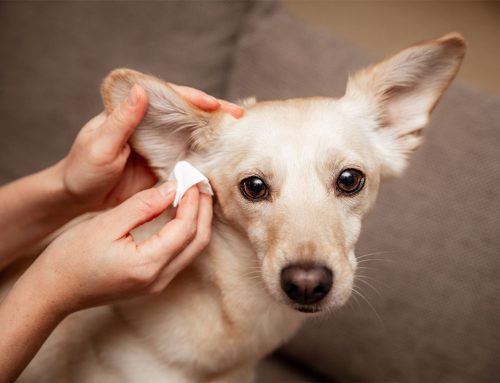Sadly, numerous pets are euthanized every year because their owners can’t afford important medical procedures. Pet insurance can provide pet owners with many benefits, including improved veterinary care. The veterinarians at Oliver Animal Hospital in south Austin want to explain why pet insurance is important.
#1: Pet insurance prevents economic euthanasia
The most important reason you should consider insuring your pet is to protect them from economic euthanasia. Veterinary emergency bills can be expensive, but leaving a pet untreated can result in extreme suffering. In cases where a client can’t afford expensive treatment and ongoing care, euthanasia is sometimes the best option to prevent an inhumane situation. When your pet is covered by insurance, the policy covers the cost of the emergency, allowing you to treat your pet without worrying about your pocketbook.
#2: Pet insurance helps ensure your pet is diagnosed appropriately
When your pet exhibits abnormal signs, tests are needed to make a definitive diagnosis. Blood work, urinalysis, X-rays, and ultrasound are valuable tools that provide important information to help veterinary professionals make an accurate diagnosis. If finances are tight, diagnostics are often the first place corners are cut to save money for treatment. However, this can backfire if your pet’s condition is misdiagnosed and money is wasted on an inappropriate treatment. In addition, your pet’s condition may deteriorate during the time spent on an inappropriate treatment plan. When you have pet insurance, you won’t have to decide between diagnostics and treatment. Your pet’s policy will cover all aspects of their care.
#3: Pet insurance allows you to choose the best treatment option
In many cases, different treatment plans are available, and some may be more expensive than others. You don’t want to be forced to choose a treatment plan for your pet because you can’t afford the other options. If your pet’s condition would benefit from surgery, but your finances only allow you to provide a medical approach, your pet’s prognosis may suffer. Having pet insurance ensures your pet will receive the treatment option that is in their best interest.
#4: Pet insurance can save you money
Veterinary care is expensive. Veterinary professionals spend numerous years obtaining a degree, and this training must be compensated. In addition, advances in the field have led practices to obtain expensive, up-to-date technology and equipment to ensure their patients receive the best care possible. If your pet is injured or becomes ill, you could face costly veterinary bills. A pet who is hit by a car may rack up $5,000 in medical bills, and a pet affected by cancer may have bills in excess of $7,000. If you have pet insurance, the policy covers these costs after you meet an initial deductible. Depending on your pet’s condition, you can save thousands of dollars.
#5: Pet insurance can help prevent certain diseases
Annual preventive care is recommended for pets, including vaccines, heartworm tests, fecal checks, wellness visits, and dental cleanings. These veterinary visits are an important part of ensuring your pet remains healthy. Vaccines protect your pet from many serious preventable diseases. Yearly heartworm tests are crucial to ensure these harmful parasites don’t damage your pet’s heart and lungs, and fecal checks are needed to ensure your pet doesn’t have gastrointestinal parasites. In addition, wellness visits are important to detect diseases in their early stages when they are easier to treat, while dental cleanings are necessary to protect your pet from damaging periodontal disease. Some pet insurance policies provide help to mitigate the cost of these services, allowing your pet to receive the preventive care they need.
#6: Pet insurance provides policy options to protect your pet

Depending on the insurance company you choose, different policies will be available. Potential policies include:
- Accident-only policies — These policies are the most common type of coverage obtained by pet owners. An accident-only policy covers conditions such as broken bones, eye trauma, puncture wounds, tendon and ligament injuries, toxicity, gastrointestinal obstruction after ingesting a foreign body, and most other injuries. These conditions can be expensive to treat, and your pet may need extensive recuperative care. Having an insurance policy ensures your pet will be protected in case of an accident.
- Illness policies — These policies cover conditions such as cancer, ear infections, allergies, urinary tract infections, vomiting, diarrhea, respiratory issues, and parasites. Diagnostics and treatments typically are covered, but older pets may be excluded from these policies. In addition, if your pet is predisposed to a certain ailment, these policies may not provide coverage. For example, brachycephalic breeds, such as bulldogs and pugs, are predisposed to respiratory problems, which may not be covered.
- Wellness policies — Some companies offer policies that cover care such as vaccinations, wellness exams, routine blood work, heartworm tests, dental care, and spay and neuter procedures that help prevent issues from occurring.
- Recovery and complementary care policies — These policies offer coverage for treatments such as acupuncture, behavioral modification, chiropractic care, homeopathy, hydrotherapy, naturopathy, physical therapy, and rehabilitative therapy.
- Pet owner assistance policies — Some companies provide premium coverage packages, including advertising and reward money for lost pets, boarding fees if the owner is hospitalized, liability coverage for third-party property damage, and cremation or burial for accidental deaths.
Obtaining pet insurance can help save your pet’s life and give you peace of mind that your pet is protected if they are sick or injured. If your pet is experiencing an issue that requires medical attention, contact the veterinarians at Oliver Animal Hospital in south Austin so we can deliver the care they need.








Leave A Comment